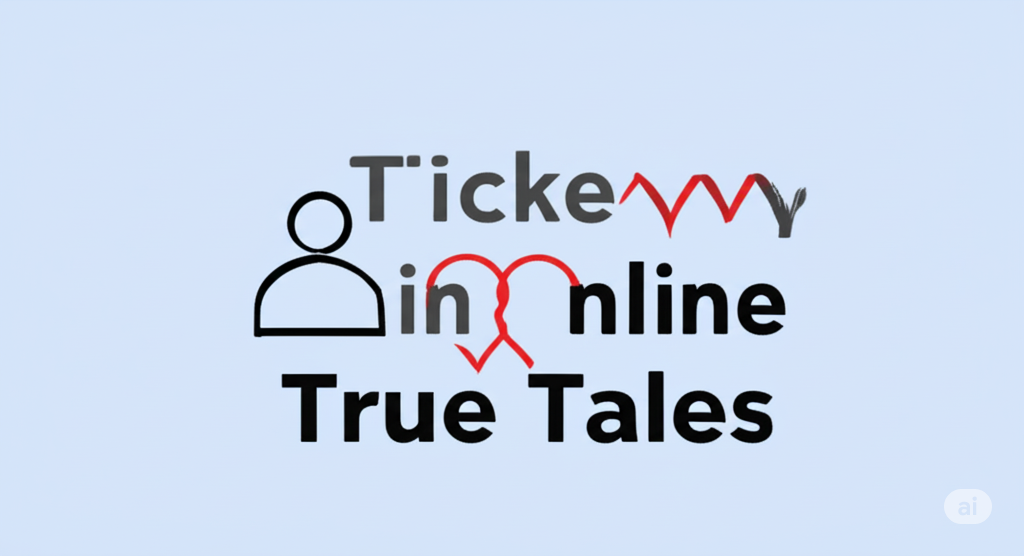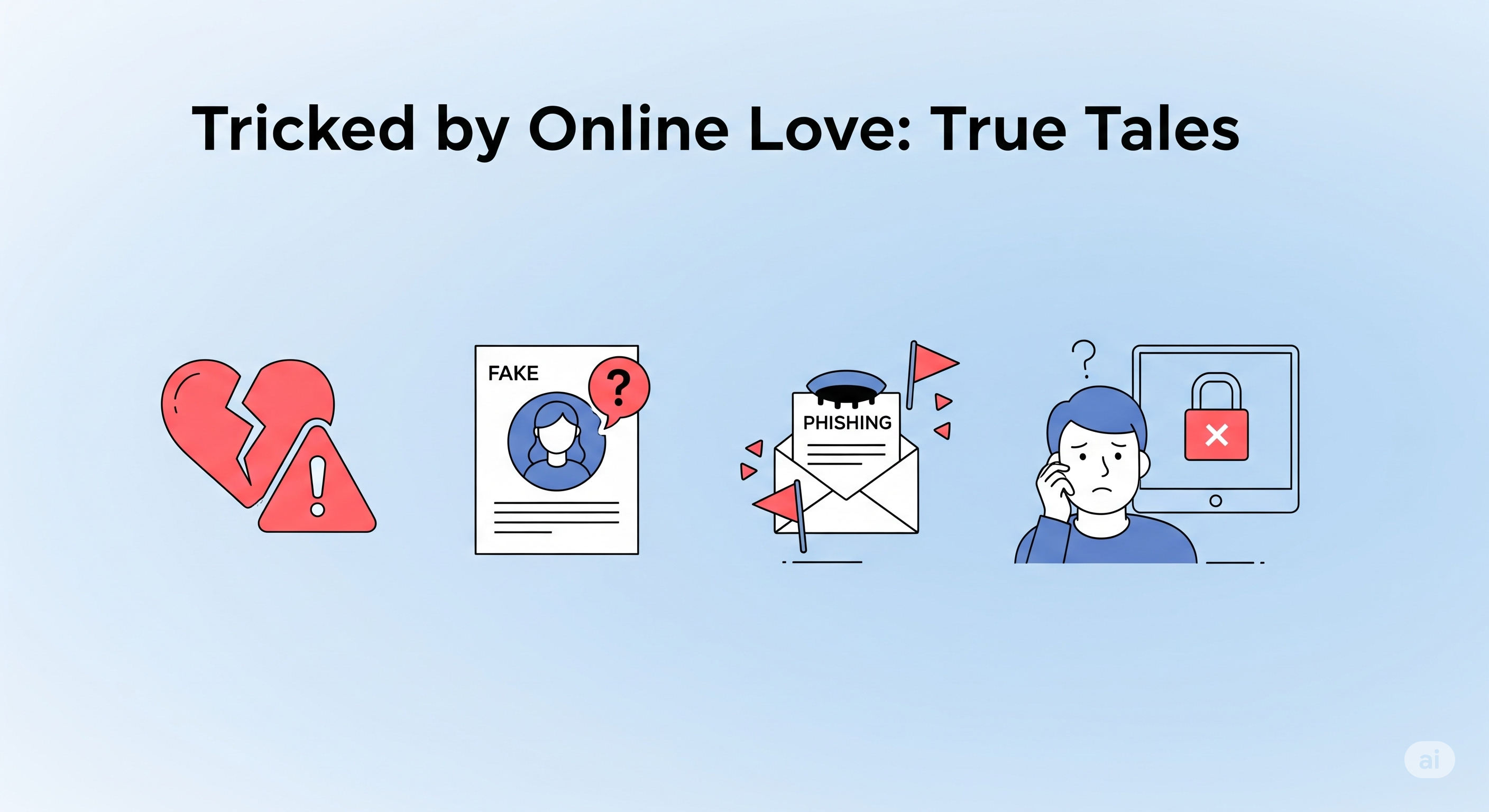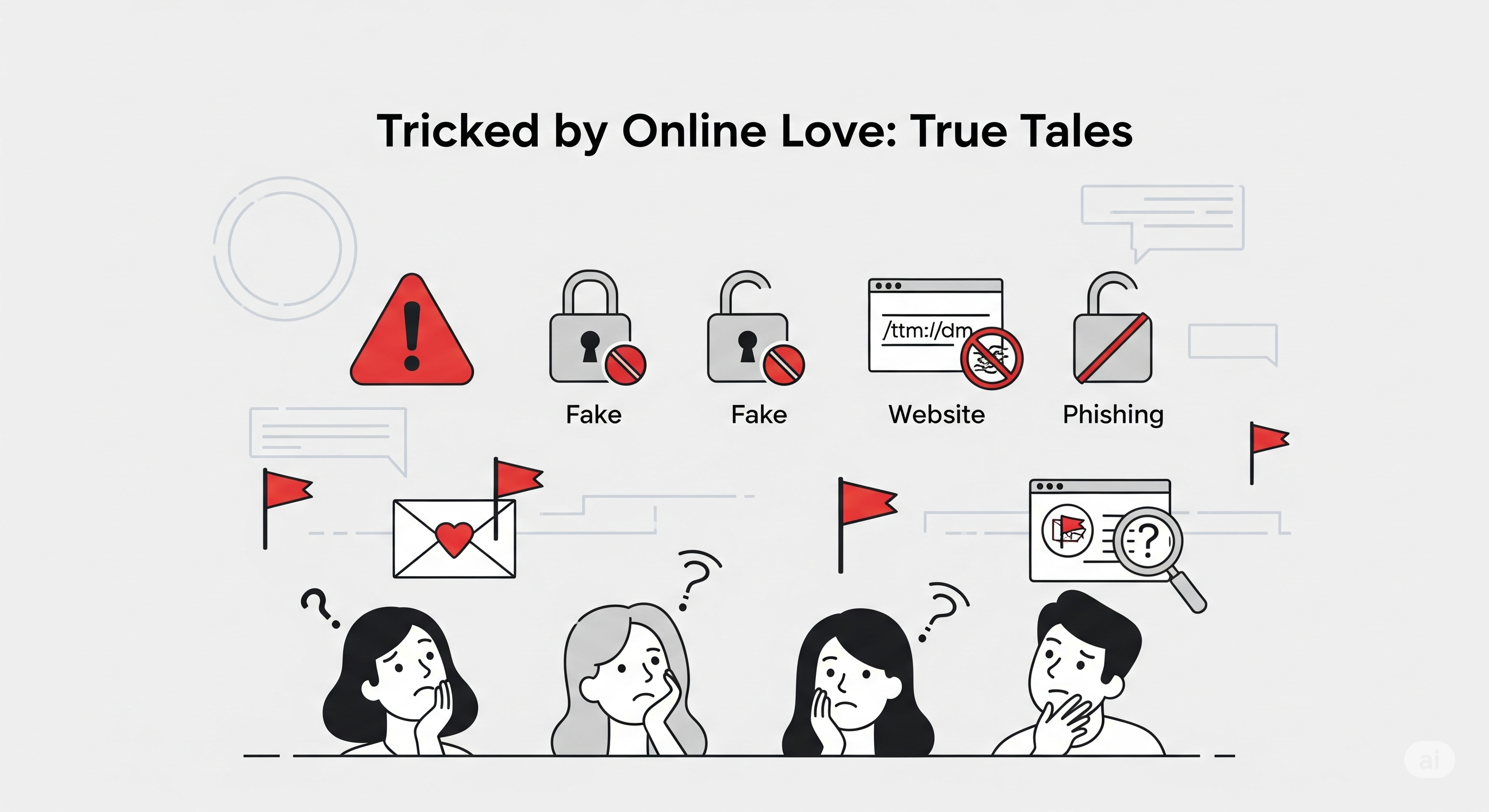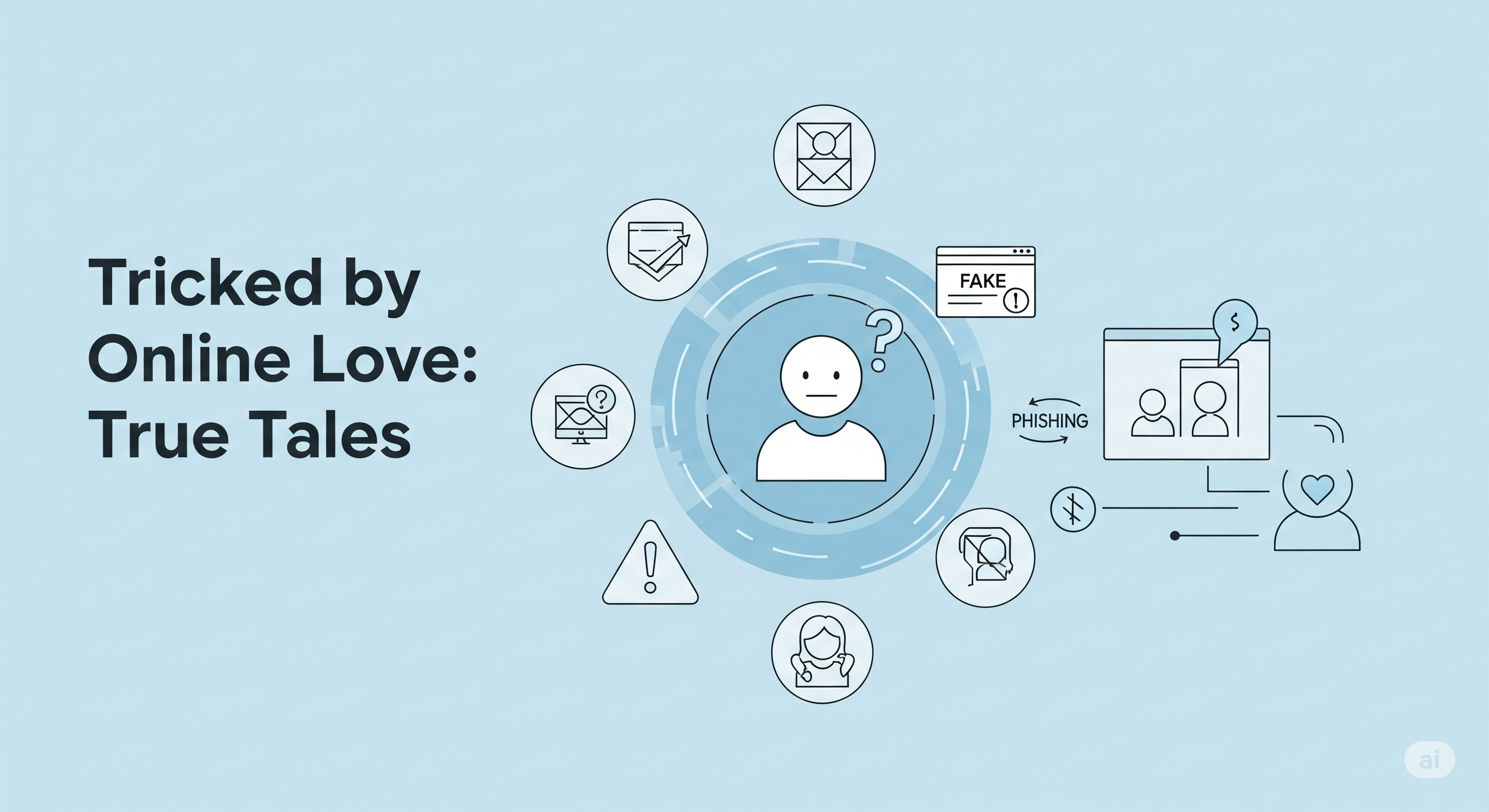Tips & Support
Tricked by Online Love True Tales
Tricked by Online Love True Tales
By Admin
Related Topics

Fooling with Fake Reviews
Online reviews are very important in today s digital environment nbsp They help us make choices about things like where......
Read More

Is Fast Love a Warning Sign
It s easy to get caught up in whirlwind romances when dating apps instant messaging and social media let us......
Read More
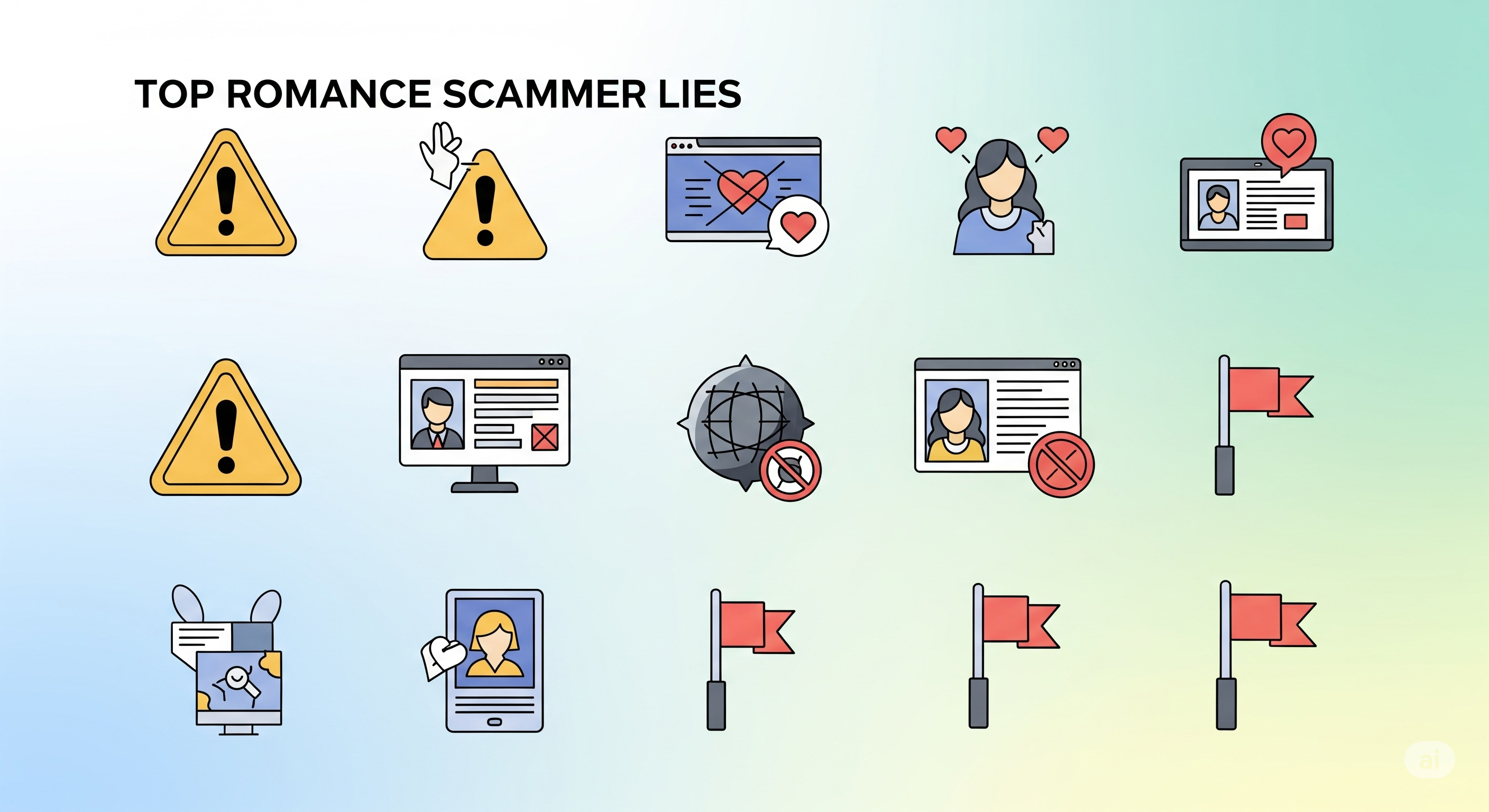
Top Romance Scammer Lies
Romance scams have surged in recent years preying on vulnerable people seeking love and companionship online These scammers are skilled......
Read More
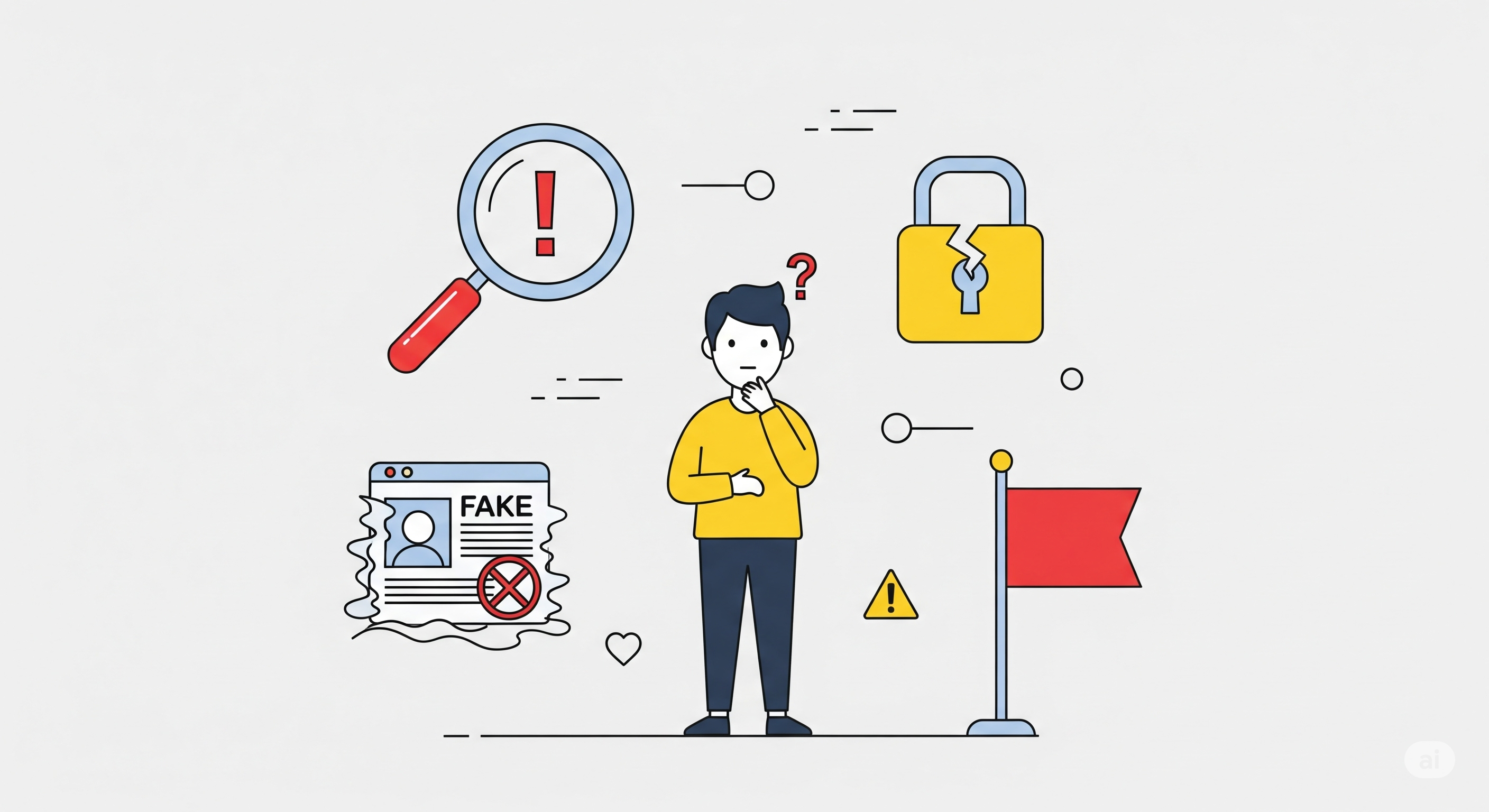
Emotional Scam Hooks
In today s fast-paced digital world scams have evolved into highly sophisticated psychological traps and emotional scam hooks are at......
Read More

Fooling with Fake Reviews
Online reviews are very important in today s digital environment nbsp They help us make choices about things like where......
Read More
Is Fast Love a Warning Sign
It s easy to get caught up in whirlwind romances when dating apps instant messaging and social media let us......
Read More
Top Romance Scammer Lies
Romance scams have surged in recent years preying on vulnerable people seeking love and companionship online These scammers are skilled......
Read More
Emotional Scam Hooks
In today s fast-paced digital world scams have evolved into highly sophisticated psychological traps and emotional scam hooks are at......
Read More